This week is the second that will focus on highlighting research done by Professional Writing and Rhetoric students at Elon. For this week, I interviewed Kim Lilienthal, a senior PWR and Literature major and an Elon University Honor’s Fellow.
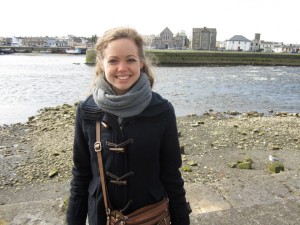 An introduction to language, confidence, and the classroom
An introduction to language, confidence, and the classroom
Kim’s interest in ELLs (English Language Learners) and how these students are taught in a classroom setting was peaked when she went to an Alternative Break trip to Honduras during her first year at Elon. Since she had an understanding of Spanish, she spent a lot of time interacting with the kids. Many of them viewed America as a place where they could go in order to succeed, but, as Kim says, “If you go to America [as an ELL] you probably won’t be educated well because of how our education system treats immigrant students.”
Kim recognized this as a problem, but didn’t know how productive it would be to do a project abroad. She says, “It was more important and more feasible for the scope of a two year project to work on the issue locally so that if these students ever make it to American schools they have an opportunity to be better served.” This project connected her interest in service and her own personal ethics.
Kim later took a service learning course, Introduction to TESOL (Teaching English to Speakers of Other Languages) and was placed in an elementary school that was feasible for research. The population was well suited to her needs because it is linguistically diverse between English and Spanish speakers – in any given classroom there were 3-4 students that she could potentially work with.
The ethics of learning
Kim elected to work with elementary school students because she felt they were at a pivotal moment in their learning. She believes that it is important to recognize the best practices for teaching ELLs in elementary school because of the way that confidence in language and intelligence shapes the futures of these students. She says, “It’s really a transitional moment from being spoonfed in elementary school to become independent learners in middle school. It’s hard for [ELLs] to find a place where they fit in, so they might drop out of school.”
Her ethics and understanding of learning became shaped by her awareness of cultural differences and marginalizations both at school and at home. She recognized that, for ELLs, a different language is often spoken at home versus in school.
“If you don’t have a language identity, it’s hard to be confident in any part of your identity because how do you communicate with either group? You’re just sort of in between.”
Putting ethics into practice
Kim’s understanding of ethics is deeply tied to practice, meaning that while it was good that she had this understanding of ELLs, language, education, and success, it wasn’t good enough for Kim until she put it into practice.
So what exactly is Kim doing in her research?
“I’m researching how mainstream classroom teachers can implement critical thinking activities in their classrooms to facilitate English language development in English Language Learners. In the context of a monolingual English speaking teacher, both English language learners and native speakers in the same classroom is the norm – ELLs are often underserved. There is equal education that is not equitable because some teachers might not adapt their methods to these students.”
Kim’s research includes a community-based experience with a local elementary school. She took her observations and drew connections between how students’ language development improved throughout the semester based on their ability to engage in critical thinking and their language development.
Kim thinks that this is important because of the importance of confidence when it comes to academic success.
“How does language development then facilitate an inclusive education environment for ELLs – you clearly feel more included when you feel more confident in your schoolwork and social interactions with peers. You feel less marginalized.”
The final product
To end her project, Kim is taking this massive project and making it something useful for a real audience – what she observed, what best practices she noticed in the classroom, how to apply the results to different contexts (other teachers, other schools), and recommendations for how to rethink ELL instruction.
“I am kind of doing extended service learning and giving something back to the community learning partner – an important tenant of PWR and my ethos as a researcher is to not just take research and give nothing back to the people that I worked with.”
As a result of her project, Kim has experienced a very realistic writing experience and higher learning writing experience, as she has worked in different rhetorical situations and analyzed rhetorical situations.
“Looking at everything as rhetoric has shaped how I see the world and how you can analyze and piece together people and how people are communicating with each other, and I think that has shaped how I view the world.”

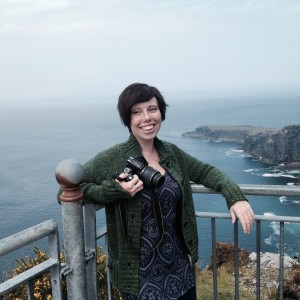
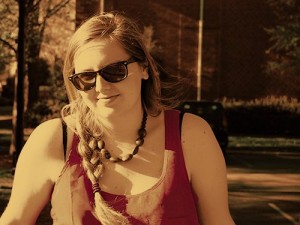
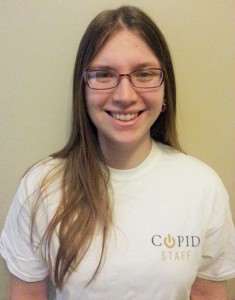 For those of you who don’t know me, my name is Alexa Dysch and I’m so excited to be back for my second semester as a CUPID Associate. I am a senior (ahhh) pursuing an English major, with a double concentration in Professional Writing & Rhetoric (PWR) and Literature, as well as a double minor in Psychology and French. I hope that as a CUPID Associate, I can share my experiences and impart some of skills that I have gathered in my time at Elon and within our program. I will be in Alamance 318 (CUPID) and would love to help you with anything from resume building to portfolio design! Please stop by!
For those of you who don’t know me, my name is Alexa Dysch and I’m so excited to be back for my second semester as a CUPID Associate. I am a senior (ahhh) pursuing an English major, with a double concentration in Professional Writing & Rhetoric (PWR) and Literature, as well as a double minor in Psychology and French. I hope that as a CUPID Associate, I can share my experiences and impart some of skills that I have gathered in my time at Elon and within our program. I will be in Alamance 318 (CUPID) and would love to help you with anything from resume building to portfolio design! Please stop by!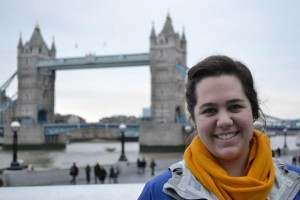
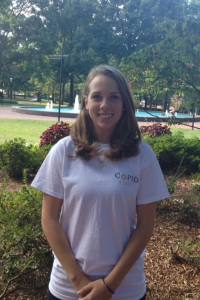

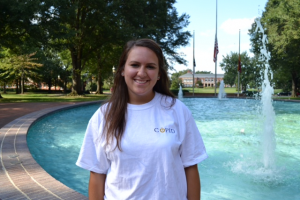
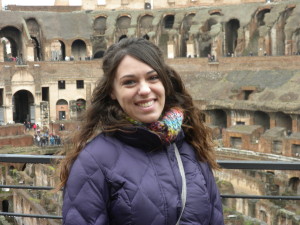
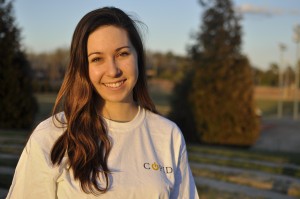
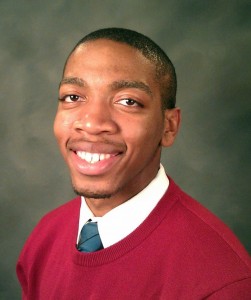
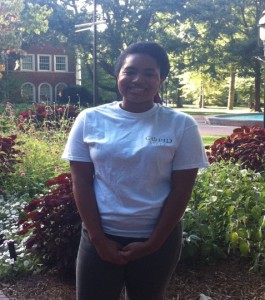
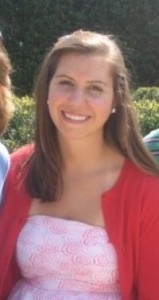

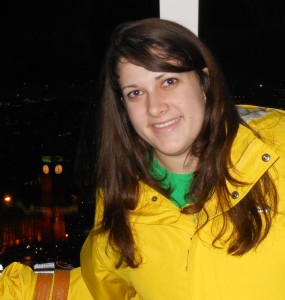 nnell
nnell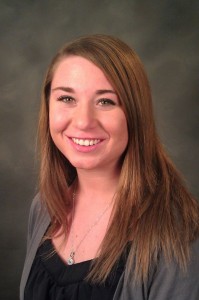
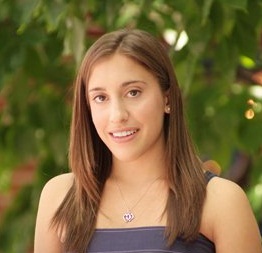
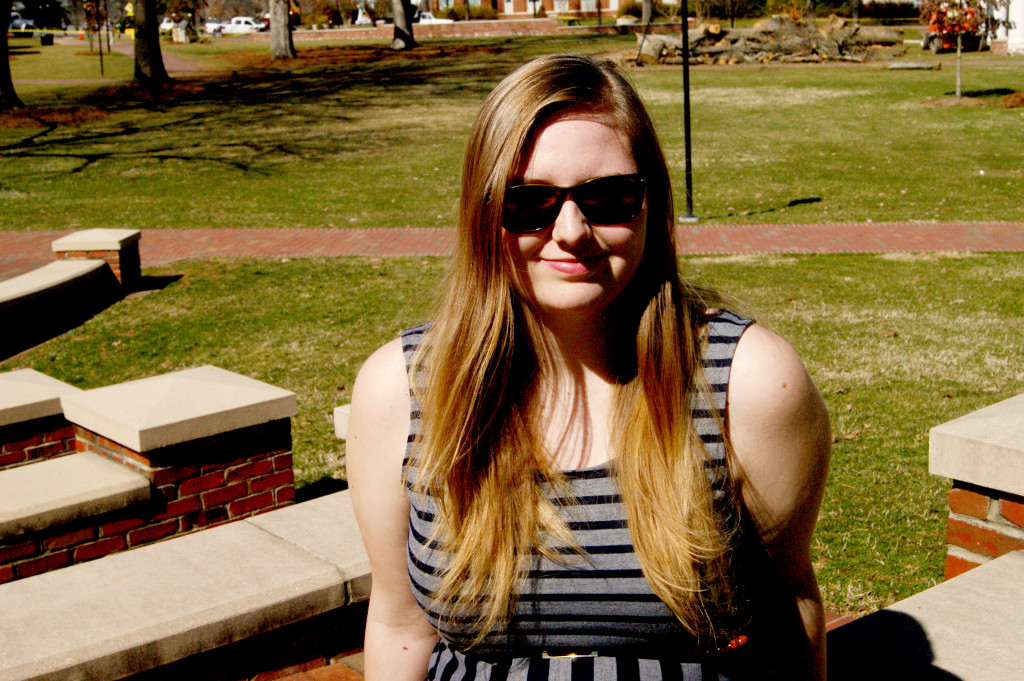
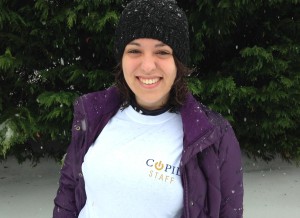 My name is Dannie Cooper and I’m excited to be a CUPID Associate for Spring 2014! I am a junior English: Professional Writing & Rhetoric and Creative Writing major with a minor in English: Literature. As an associate, I will be holding hours in CUPID Studio (Alamance 318) on Tuesdays from 5-7, so be sure to stop by for help with document design, coding, and other PWR topics.
My name is Dannie Cooper and I’m excited to be a CUPID Associate for Spring 2014! I am a junior English: Professional Writing & Rhetoric and Creative Writing major with a minor in English: Literature. As an associate, I will be holding hours in CUPID Studio (Alamance 318) on Tuesdays from 5-7, so be sure to stop by for help with document design, coding, and other PWR topics.